Ask Ethan #95: Could it all come crashing down?
Could everything we’ve put together about science turn out to be wrong?
“Revolutions are something you see only in retrospect.” –Alan Greenspan
We’re always on the lookout for the next big thing, and we often do a terrible job of anticipating it. In the 19th century, we were arguing over what powered the Sun, never suspecting the process of nuclear fusion was at play. In the 20th, we argued over the fate of the Universe, never imagining it would wind up accelerating into oblivion. You’ve sent in your questions and suggestions for our Ask Ethan column, and this week’s chosen one comes from Chris shaw, who wants to know:
“[C]ould you ever see what we know about the universe being upended that we find a different explanation for the cmb or could something happen to make us think we were wrong and misunderstood the red shifts of galaxies or the Doppler effect and that we actually are in a steady state or static universe?”
This is the ultimate in existential questions: how confident are we in the tower of science that we’ve built for ourselves?
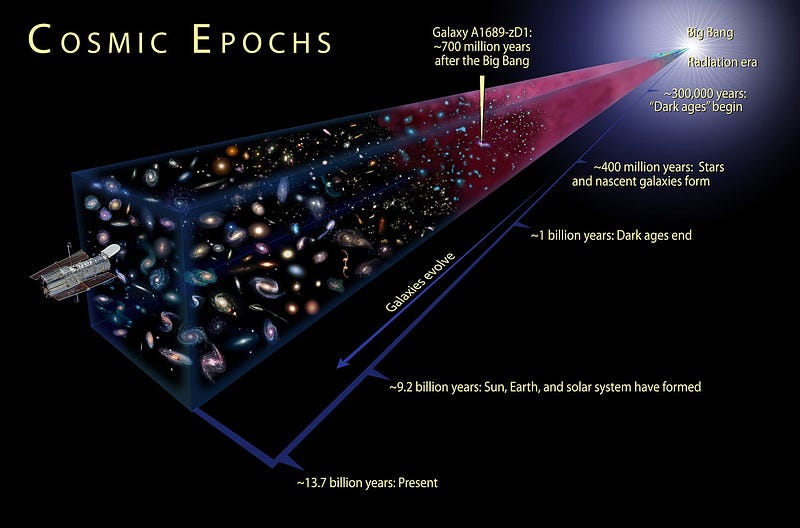
The answer, surprisingly, is: very confident, until just one robust result comes along that conflicts with it. If the faster-than-light neutrinos from a few years ago had turned out to be true, we would have had to rethink everything we thought we knew about relativity and the speed limit of the Universe. If the EMdrive (or the Cannae drive) or these other laws-of-physics-violating engines turned out to be real, we’d have to rethink everything we thought we knew about classical mechanics and the law of conservation of momentum.
While both of these results were not robust enough — the neutrinos turning out to be an experimental error and the EMdrive (and others) not verified at any meaningful level of significance — someday, we will likely encounter one. This is good! Furthermore, we hope we know exactly how we’ll deal with it.
Let me explain to you the two things that defines how science works and what it is.
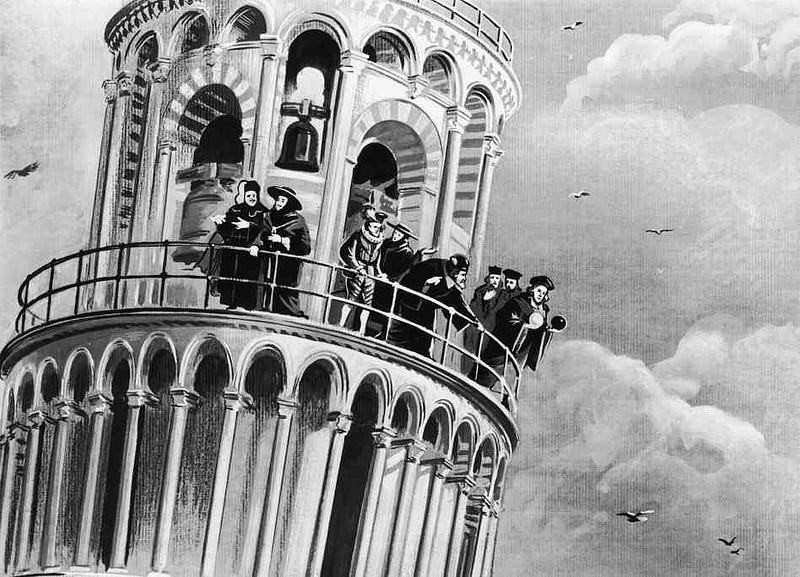
Science is both:
1.) A body of knowledge that encompasses everything we’ve learned from observing, measuring, and experimenting on the Universe.
2.) A process of constantly questioning our assumptions, trying to poke holes in our best understanding, looking for logical loopholes and inconsistencies, and testing the limits of our knowledge in new and novel ways.
Everything we see, everything we hear, everything our instruments detect is capable of being — if properly recorded — a piece of scientific data. When we try and put together our picture of the Universe, we use the full suite of all the scientific data available. In order to do good science, we don’t just cherry-pick the results or pieces of evidence that agree with our preferred conclusion; we need to confront ourselves with all of it.
So in order to do good science, we need to collect that data, put those pieces together into a self-consistent framework, and then continually challenge that framework in every way we can imagine. This means increasing our precision down to extra decimal points; this means going to higher energies, lower temperatures, smaller distance scales, and larger sample sizes; this means pushing outside of the known range of a theory’s validity; this means theorizing new observables and experimental methods.
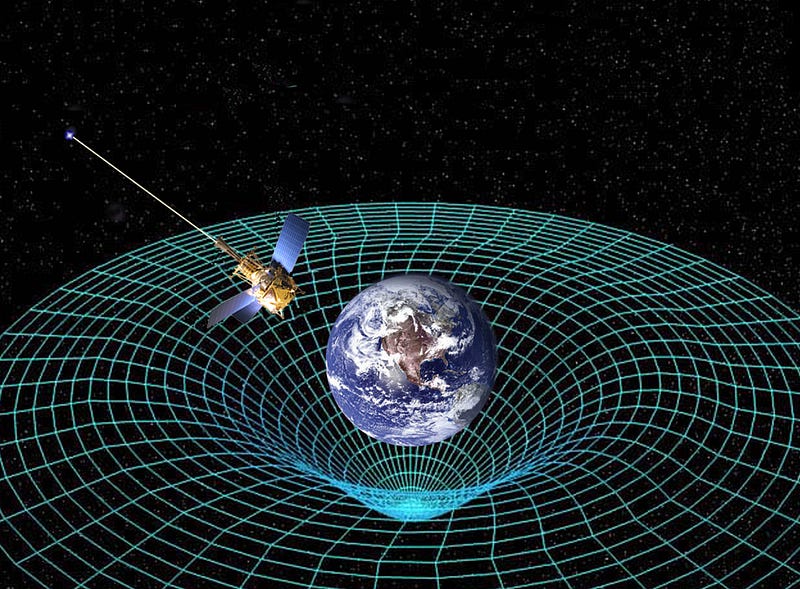
And at some point, you’re inevitably going to find something that doesn’t jive. You’re going to find something that conflicts with what you expected. You’re going to get a result that contradicts your old, pre-existing theory. And when that happens — if you can verify the contradiction, if it holds up to scrutiny and shows itself to be really, really real — you’re going to get to do something wonderful: have a scientific revolution.
That said, it’s not enough to say, “this old thing is wrong!” We’ve got to go beyond that, and get it right. There are three things that go into a revolutionary scientific theory:
1.) It has to reproduce all the successes of the previously existing theory.
2.) It has to explain the new results that contradicted the old theory.
3.) It needs to make new, testable predictions that have not been tested before, and that can either be confirmed and validated or refuted.
https://www.youtube.com/watch?v=zLdTqFREHC8
That’s a tall order! That was why heliocentrism had to explain all the predictions for the motions of the planets, had to account for contradictory results (e.g., cometary motion), and needed to make the new prediction of elliptical orbits. That was why General Relativity needed to explain all of Newtonian gravity, needed to explain the precession of Mercury’s perihelion and motions close to the speed of light, and make the new predictions of gravity bending starlight (and others).
And — for the Big Bang — that’s why it had to be consistent with General Relativity, explain the Hubble expansion of the Universe and the redshift/distance relation, and make the new predictions of:
- the existence and spectrum of the Cosmic Microwave Background,
- the nucleosynthetic abundances of the light elements, and
- the formation of large-scale structure and the clustering properties of gravity.
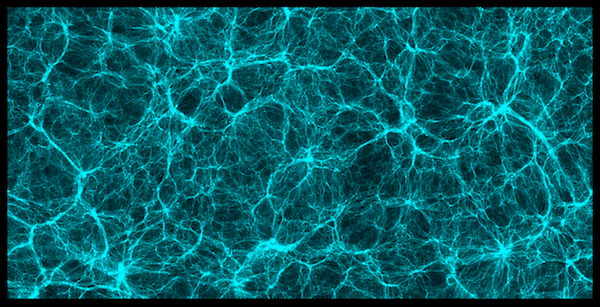
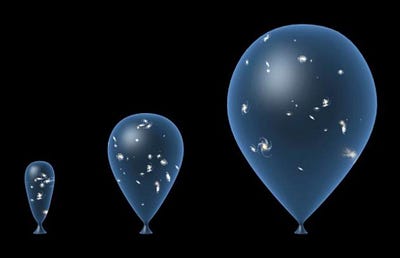
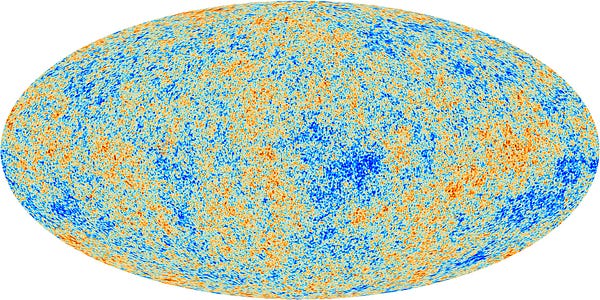
So now, to the crux of your question: could this all be wrong? Of course it could! All it would take is a single observation of any phenomenon that contradicted the Big Bang’s predictions (in the context of General Relativity), and we’ve got to have something to succeed it.
But here’s the important part: that won’t mean that everything about the Big Bang is wrong, just like General Relativity didn’t mean everything about Newtonian gravity was wrong. It will still be accurate to describe the Universe as having originated from a hot, dense, expanding state; it will still be accurate to describe our observable Universe as being many billions of years old (but not infinite in age); it will still be accurate to talk about the first stars and galaxies, the first neutral atoms, and the first stable atomic nuclei.
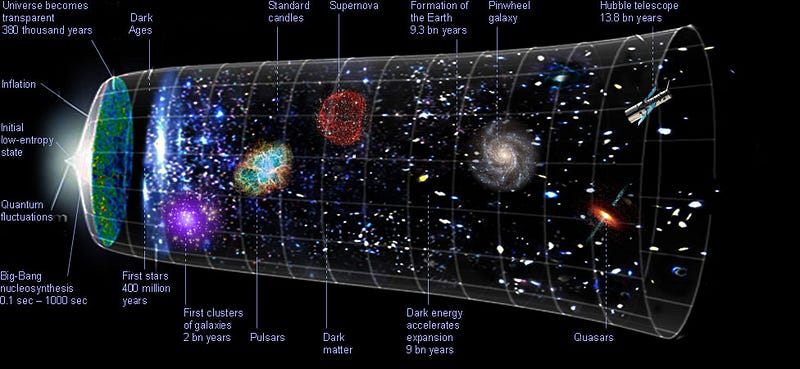
Whatever comes along to replace it — whatever supersedes our present best theory (and this applies to all scientific realms) — it has to encompass all the successes of that theory. The steady state or static Universe that you refer to? It can’t do that even now. Same thing for the electric Universe/plasma cosmology group; same thing for the tired light adherents; same thing for the quantized quasar redshift camp; same thing for the topological defect/cosmic string aficionados.
Perhaps, someday, sufficient theoretical advances will be made so that one of these alternatives grows into something that’s consistent with the full suite of what’s observed, or perhaps a new alternative will emerge. But that day is not today, and in the meantime, the inflationary Big Bang Universe, with radiation, normal matter, dark matter and dark energy, explains the full suite of absolutely everything we’ve ever observed, and nothing else does.
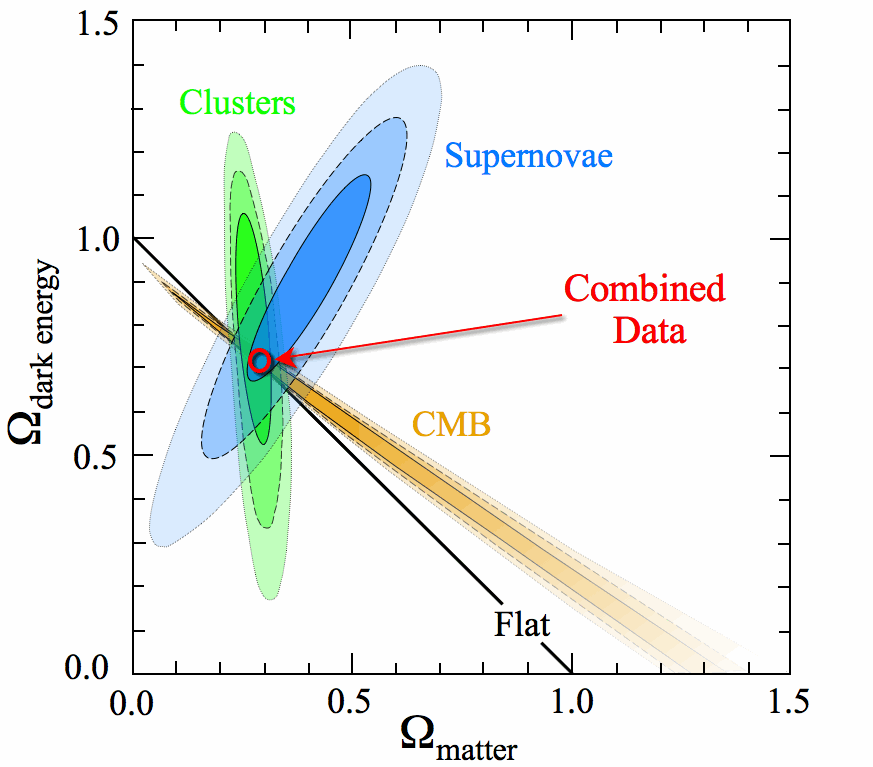
But it’s important to remember that we didn’t arrive at this picture by focusing on one dubious result that may crumble away. We have literally dozens of lines of independent evidence that all lead us to this same conclusion. Even if it turned out that we didn’t understand supernovae at all, dark energy would still be needed; even if it turned out we didn’t understand galactic rotation at all, dark matter would still be needed; even if it turned out the microwave background was all garbage, the Big Bang would still be required. It might turn out to be different in detail, and I hope we live long enough to see what supersedes our best present understanding. But what we understand now won’t turn out to be wrong, it’s just incomplete, and destined to be replaced by something more complete.
Thanks for a great question, Chris, and if you’ve got a question or suggestion for Ask Ethan, go ahead and ask! I’m on vacation until Tuesday (actually, I’m on vacation right now, but I couldn’t not do an Ask Ethan), so no Comments of the Week, Weekend Diversion or Mostly Mute Monday over the next few days, but if you’re at the High Sierra Music Festival in Quincy, CA, come say hello!
Send your questions & suggestions for Ask Ethan here; next week’s could be yours.
Leave your comments at our forum, and support Starts With A Bang on Patreon!




